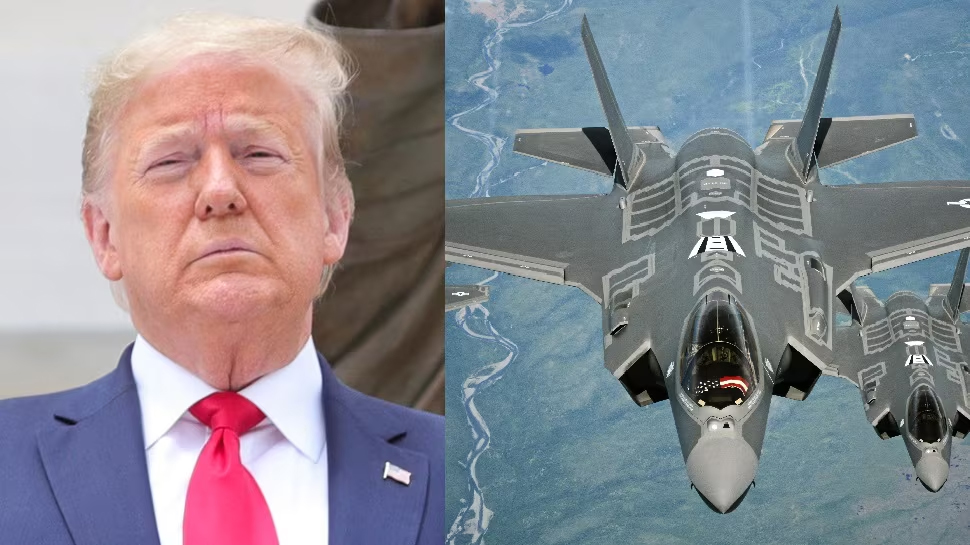news details |
|
|
| Tariff blowback: After India, Switzerland, Spain also scrap US defence deals | | |  Sandeep Bhat Sandeep Bhat
Early Times Report
Jammu, Aug 10: U.S. President Donald Trump’s hardline tariff policies and controversial NATO funding demands appear to be backfiring, with growing evidence that they are hurting both American consumers and U.S. defense firms. A series of recent developments suggests that key foreign buyers are pulling out of multi-billion-dollar arms deals amid increasing unease over Washington’s trade posture and geopolitical pressure tactics. While U.S. citizens continue to feel the pinch of rising prices due to tariff hikes, American defense giants are now facing setbacks in lucrative overseas contracts — particularly involving the F-35 fighter jet, one of the cornerstones of the U.S. military-industrial complex.
According to multiple reports, both Spain and Switzerland have reportedly withdrawn or reconsidered their plans to purchase U.S.-made F-35 jets, citing concerns over tariffs, national sovereignty, and Trump’s assertive approach to NATO.
In a significant blow to U.S. defense exports, Spain has confirmed it will not proceed with purchasing F-35s, opting instead to strengthen its fleet of Eurofighter Typhoons and invest in the Future Combat Air System (FCAS) — a joint European initiative with France and Germany.
Madrid's decision comes amid a broader push to channel its €10.5 billion increase in defense spending toward European manufacturers, with plans to expand the Typhoon fleet to 115 aircraft. The Spanish government expects to receive 25 new jets between 2026 and 2030.
Spanish Prime Minister Pedro Sánchez also dismissed Trump’s proposal for NATO allies to raise defense spending to 5% of GDP by 2035, calling it “unreasonable” and affirming the need for European strategic autonomy.
“Only Europe will know how to protect Europe,” Sánchez stated, in a direct rebuke of Washington’s dominant role in NATO.
Trump, in turn, labeled Spain’s position as “very unfair”, and hinted at possible trade retaliation, further straining transatlantic ties.
Switzerland’s $9.1 billion deal to purchase 36 F-35 jets, initially signed in 2021, is also under threat due to escalating trade tensions. Reports indicate growing opposition within the Swiss Parliament, fueled by Washington’s imposition of steep tariffs on Swiss exports — including a 39% duty on high-value items such as watches and coffee capsules.
The duties, introduced after the collapse of U.S.–Swiss trade talks, represent some of the highest tariffs levied on any developed nation and have provoked political backlash in Bern. The souring trade climate has now cast doubt over the finalization of the F-35 order, with some lawmakers calling for the contract to be scrapped altogether.
Trump’s aggressive trade policies and demands for NATO allies to increase defense spending have not only triggered economic consequences at home but are also seen as eroding trust among key U.S. partners. By linking trade negotiations with defense cooperation and imposing tariffs on allies, Washington risks pushing countries away from American defense platforms and accelerating the shift toward European defense self-reliance.
Analysts warn that these setbacks could have log-term implications for the U.S. defense industry, particularly for the F-35 program, which relies heavily on international sales to sustain its vast production and maintenance ecosystem.
As Trump eyes another presidential run in 2024, critics argue that the fallout from his first-term trade and defense policies is still unfolding — and may prove costlier than expected for America’s global standing and economic interests. |
|
|
|
|
|
|
|
|
|
|
|
|
| |
| |
|
|
|
|
 |
|
|
